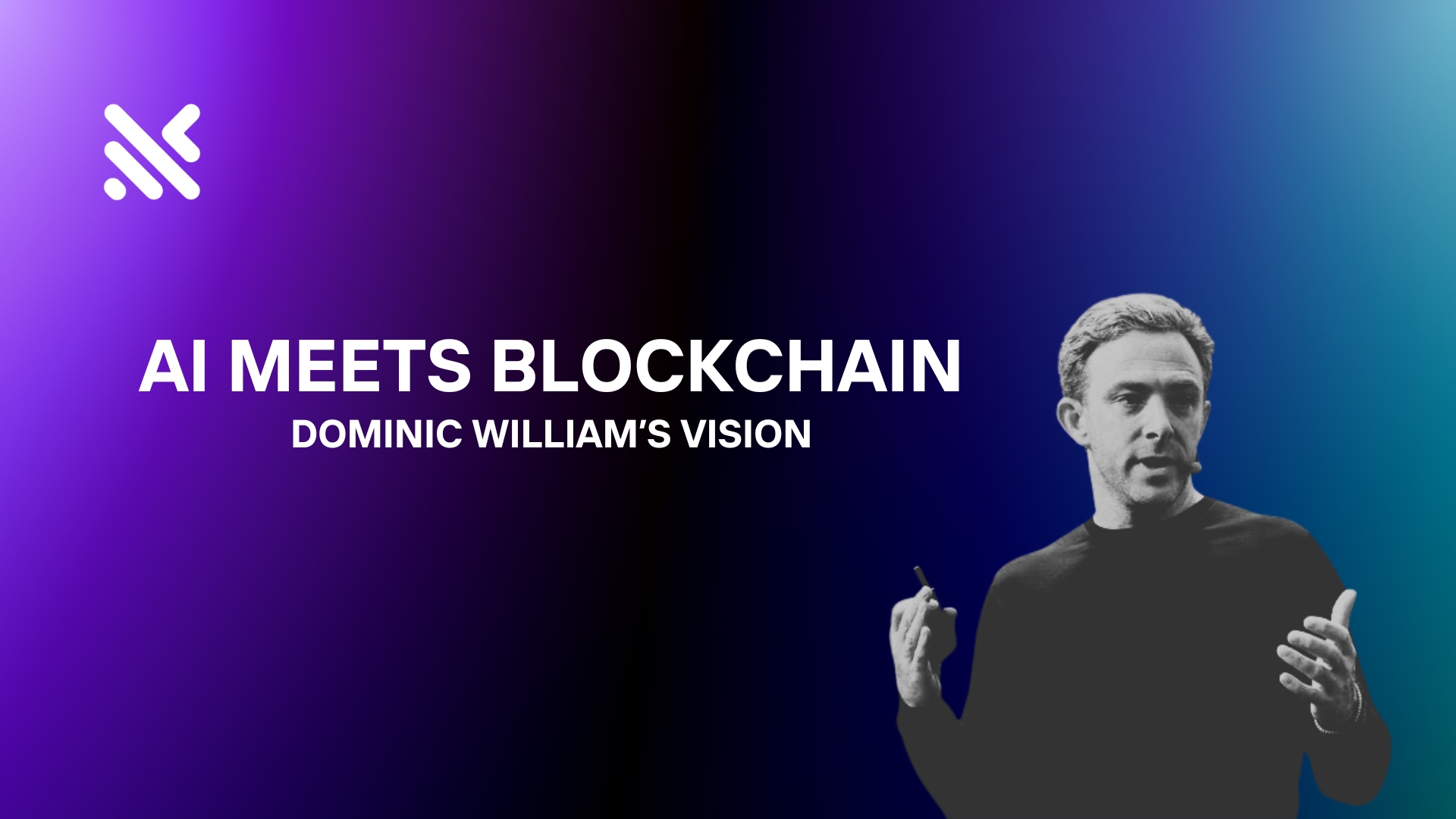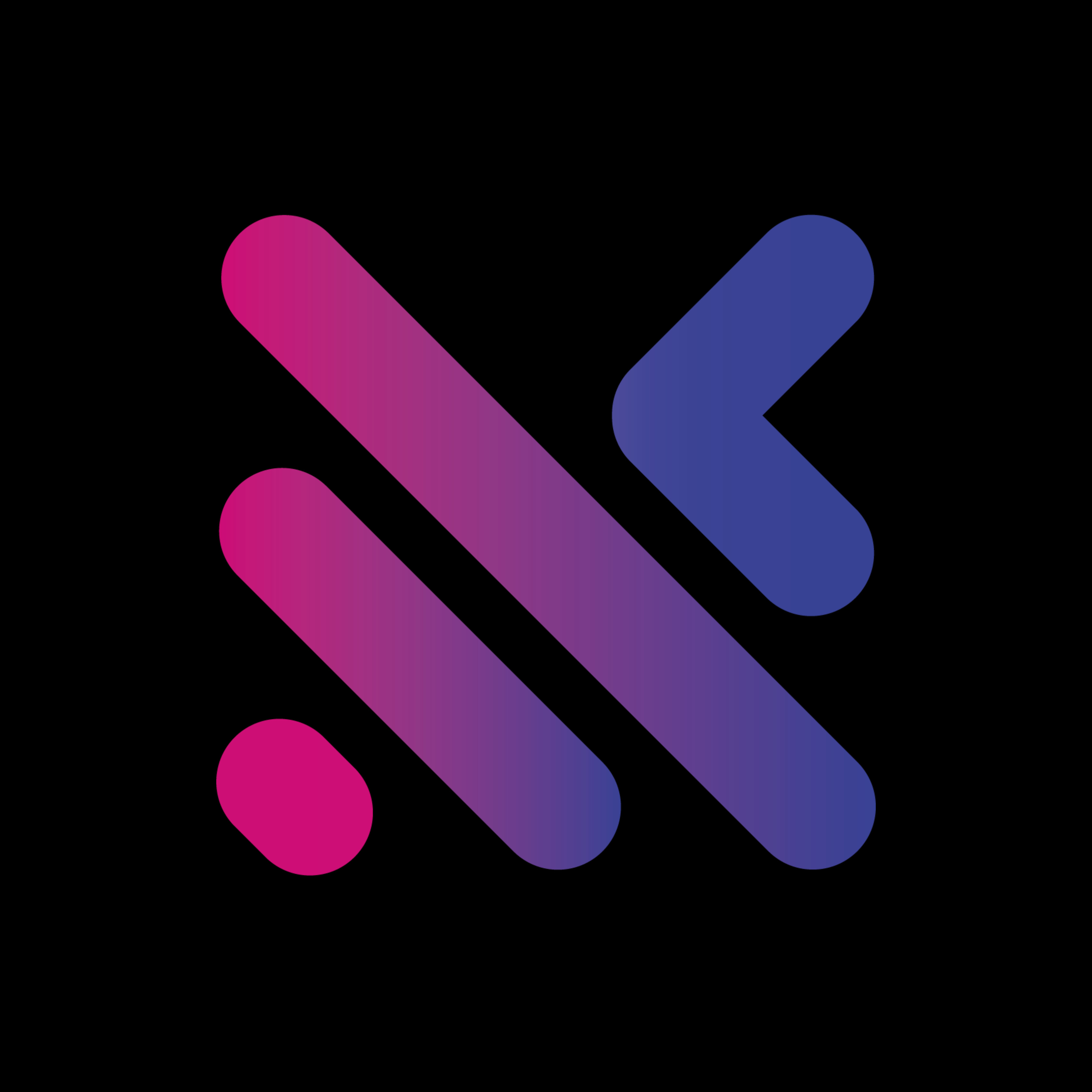
AI Meets Blockchain: Dominic Williams’ Bold Vision for Web3’s Future
The rapid evolution of artificial intelligence and blockchain technology has sparked a new wave of innovation, reshaping industries and redefining digital interactions. Dominic Williams, the founder and chief scientist of Dfinity, recently shared his insights on how these two groundbreaking technologies can converge to redefine Web3. His vision presents a future where AI and decentralized networks collaborate to create self-improving, trustless, and autonomous systems.
The Rise of Self-Writing Applications
One of the most compelling ideas Williams discussed is the concept of self-writing applications—AI-powered software that can autonomously evolve and optimize itself. Unlike traditional apps developed by centralized teams, these applications would leverage smart contracts and machine learning to continuously refine their code based on user interactions and real-time data.
For example, a decentralized social media platform could autonomously adjust its algorithms to prevent misinformation, or a DeFi protocol could self-optimize its lending rates based on market conditions. This shift could drastically reduce development costs while increasing efficiency, making software more adaptive and resilient.
Solving AI’s “Black Box” Problem with Blockchain
A major criticism of AI is its lack of transparency—often referred to as the "black box" problem, where decision-making processes are opaque and difficult to audit. Williams argues that blockchain’s immutability and transparency could provide a solution by recording AI training data, model changes, and decision logs on-chain.
This would allow for full auditability, ensuring that AI systems operate fairly and without hidden biases. For instance, if an AI-powered loan approval system denies a user’s request, the blockchain could reveal exactly which data points influenced that decision, making the process more accountable.
Decentralized AI vs. Corporate-Controlled AI
Today, most advanced AI models are controlled by a handful of tech giants, raising concerns about centralization, censorship, and monopolistic power. Williams envisions a future where AI models run on decentralized networks like the Internet Computer, removing single points of failure and ensuring open access.
By distributing AI computation across a blockchain network, developers could create:
Censorship-resistant AI tools (e.g., unbiased news aggregators)
Community-governed AI models (where stakeholders vote on improvements)
Monetization for data contributors (users get paid for training AI models)
This model could democratize AI, preventing corporate gatekeeping and fostering innovation.
Challenges: Security, Ethics, and Regulation
While the fusion of AI and blockchain presents immense opportunities, it also introduces new risks and complexities:
Security Vulnerabilities – AI models trained on public blockchain data could be exploited by bad actors.
Regulatory Uncertainty – Governments may struggle to regulate self-updating, decentralized AI systems.
Ethical Concerns – Autonomous AI could make unintended harmful decisions if not properly constrained.
Williams emphasizes that collaboration between developers, policymakers, and ethicists will be crucial in addressing these challenges before large-scale adoption.
The Future of Web3: A Self-Sustaining Digital Economy
Dominic Williams envisions Web3 evolving into a self-sustaining digital economy powered by the fusion of AI and blockchain. At its core, this future sees AI agents autonomously executing smart contracts, handling tasks from dynamic pricing to supply chain management with minimal human oversight.
DAOs would evolve beyond human governance, using AI to analyze proposals, predict outcomes, and optimize decisions. This could reduce inefficiencies and biases while accelerating decentralized governance.
Crucially, this model flips the script on data ownership. Instead of tech giants profiting from user data, individuals could retain control and be compensated when their data trains AI models. The result? A more equitable internet where value flows directly to creators and participants.
While challenges around ethics and regulation remain, this vision points toward a more autonomous, user-centric web—one where blockchain and AI work together to create self-improving systems that benefit everyone, not just centralized platforms.
A New Era of Decentralized Intelligence
Dominic Williams’ insights highlight an exciting yet complex path forward. The convergence of AI and blockchain promises greater transparency, autonomy, and innovation, but it also requires careful consideration of risks and governance.
As these technologies mature, the Internet Computer and similar decentralized platforms may become the foundation for a new wave of self-improving, community-driven applications. The question is no longer if AI and blockchain will merge—but how we can ensure this merger benefits society as a whole.
Would you like any refinements or additional angles, such as deeper technical insights or comparisons to other blockchain-AI projects?
If you want to learn more on this topic go visit CCN's page for the full interview.

